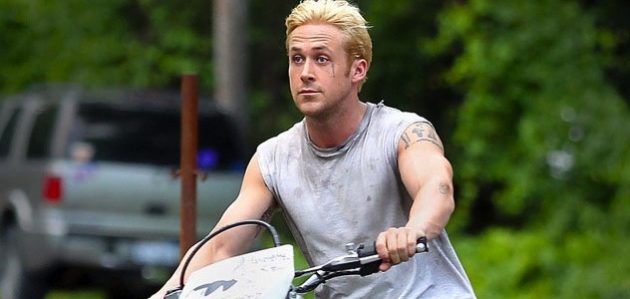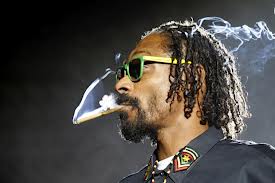Forgive Me Father, But You F-ed Me Up − A Last Look Back At The Toronto International Film Festival

On a more symbolic level, legacy themes ran through a number of documentaries I saw, as well, albeit it on a more meta level. If I was a statistician, I'd begin tracking membership in the Catholic church beginning with the day that Alex Gibney's provocative documentary Mea Maxima Culpa: Silence in the House of God opens because the religion and its leaders do not come off well at all. Gibney's film is about some large-scale and particularly heinous sins of the Fathers and begins with the headlines-making case of Father Lawrence Murphy, who beginning in the 1950s, is believed to have molested as many as 200 boys at the St. John’s School for the Deaf in St. Francis, Wisconsin. That case alone is heartbreaking enough but Gibney finds other hair-raising examples in Italy and Ireland as he follows the thread of his investigation all the way to the Vatican. The viewer must decide how much blame belongs on the mitre of Pope Benedict XVI, who, prior to his election to the papacy, headed the office that looked into all cases of sexual abuse, But what becomes apparent as Gibney's tale unfolds is that the Pope is not the most powerful man at the Vatican, and that the church continues to be willfully ignorant and arrogant when it comes to sexual abuse under the eaves of his parishes.
 Finally, there was the surprisingly affecting Reincarnated, in which the sweetly charismatic Snoop Dogg attempts to escape his own legacy as a gangsta rapper. "Fuck Snoop Dogg," he tells his collaborators early on in the documentary. "Don't think about none of the shit he rapped about — hustling and making money and drug dealing and shooting. All of that shit be out of here."
Finally, there was the surprisingly affecting Reincarnated, in which the sweetly charismatic Snoop Dogg attempts to escape his own legacy as a gangsta rapper. "Fuck Snoop Dogg," he tells his collaborators early on in the documentary. "Don't think about none of the shit he rapped about — hustling and making money and drug dealing and shooting. All of that shit be out of here."
Frankly, I'm not sure I like the reggae tracks that Snoop cuts during the film better than his hip-hop work. They seem to be awfully dependent on production bells and whistles, which, I would argue, flies in the face of the organic beauty of most great reggae songs. (Look for Bunny Wailer's performance on one of the tracks and you'll see what I mean.) But I really liked that Snoop seemed to be genuinely moved by the Jamaican people he met during the film. I also like the way that director Andrew Capper connects the legacies of reggae and rap as kindred musical genres that spoke to the downtrodden and the disenfranchised, whether they lived in the Trench Town neighborhood of Kingston, Jamaica or the California city of Compton. The Slickers' "Johnny Too Bad" was gangsta long before Dogg's "Deep Cover," but Snoop Lion, as he has dubbed himself since becoming a Rastafarian, appears to have gravitated toward reggae's kinder, gentler niche. Whether it's a true transformation, or merely the case of an artist shedding his skin to sell more records, the soul-searching that takes place in Reincarnated is soul-satisfying.
Speaking of satisfying the soul, the Toronto festival was a well-run and exhilarating if exhausting, experience. I have to say that the expensiveness of the city was not. I enjoyed the hot dogs and the way that moviegoers there exclaimed "Aaaargh!" like pirates every time that the piracy warning flashed on screen, but taxis are ridiculously pricey and, despite the cost, I had a remarkable run of obnoxious drivers who insisted on dictating where they would take me and how I would pay them despite rules to the contrary. I never thought I'd say it, but Toronto cabs make New York cabs look affordable. That's just my two cents, which would definitely not get me anywhere in Toronto by taxi.
Follow Frank DiGiacomo on Twitter.
Follow Movieline on Twitter.
Pages: 1 2
